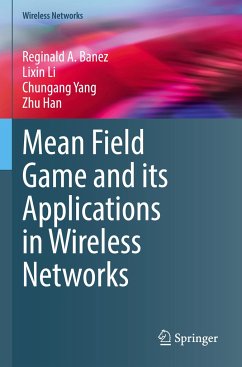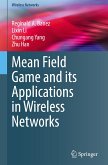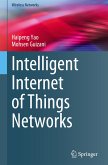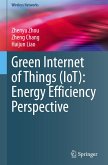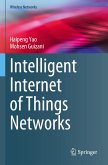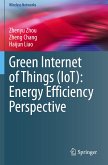This book covers the basic theory of mean field game (MFG) and its applications in wireless networks. It starts with an overview of the current and future state-of-the-art in 5G and 6G wireless networks. Then, a tutorial is presented for MFG, mean-field-type game (MFTG), and prerequisite fields of study such as optimal control theory and differential games. This book also includes a literature survey of MFG-based research in wireless network technologies such as ultra-dense networks (UDNs), device-to-device (D2D) communications, internet-of-things (IoT), unmanned aerial vehicles (UAVs), and mobile edge networks (MENs). Several applications of MFG and MFTG in UDNs, social networks, and multi-access edge computing networks (MECNs) are introduced as well.
Applications of MFG covered in this book are divided in three parts. The first part covers three single-population MFG research works or case studies in UDNs including ultra-dense D2D networks, ultra-dense UAV networks, and dense-user MECNs. The second part centers on a multiple-population MFG (MPMFG) modeling of belief and opinion evolution in social networks. It focuses on a recently developed MPMFG framework and its application in analyzing the behavior of users in a multiple-population social network. Finally, the last part concentrates on an MFTG approach to computation offloading in MECN. The computation offloading algorithms are designed for energy- and time-efficient offloading of computation-intensive tasks in an MECN.
This book targets advanced-level students, professors, researchers, scientists, and engineers in the fields of communications and networks. Industry managers and government employees working in these same fields will also find this book useful.
Applications of MFG covered in this book are divided in three parts. The first part covers three single-population MFG research works or case studies in UDNs including ultra-dense D2D networks, ultra-dense UAV networks, and dense-user MECNs. The second part centers on a multiple-population MFG (MPMFG) modeling of belief and opinion evolution in social networks. It focuses on a recently developed MPMFG framework and its application in analyzing the behavior of users in a multiple-population social network. Finally, the last part concentrates on an MFTG approach to computation offloading in MECN. The computation offloading algorithms are designed for energy- and time-efficient offloading of computation-intensive tasks in an MECN.
This book targets advanced-level students, professors, researchers, scientists, and engineers in the fields of communications and networks. Industry managers and government employees working in these same fields will also find this book useful.
"In this handbook, the authors provide a guide for researchers who want to use the tools of mean field games to study the future development of wireless networks. ... the authors do provide a basic overview of those topics that might suffice for an ambitious newcomer. ... It also offers a gateway for game theorists looking for the necessary institutional background to apply their tools to relevant research questions in wireless networks." (Thomas Wiseman, zbMATH 1493.91001, 2022)

